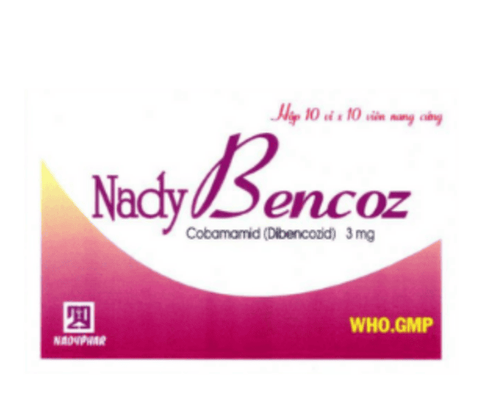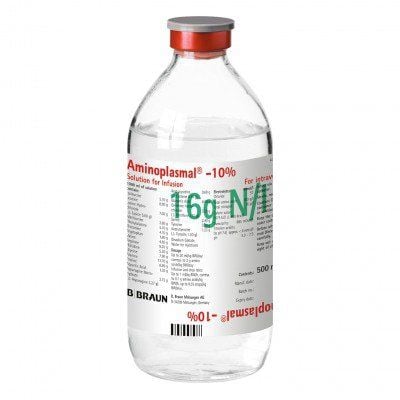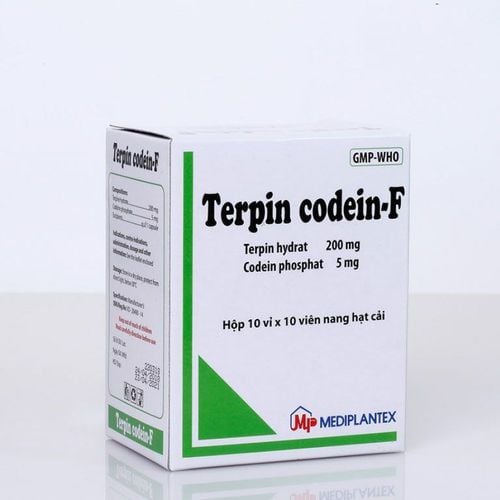This is an automatically translated article.
Beractant is extracted from bovine lungs to treat pediatric patients with respiratory failure. When taking the drug can increase the risk of causing dysfunction of some organs. Here is some information to share about Beractant for you.
1. Uses of the drug Beractant
Beractant is used to treat respiratory diseases especially respiratory failure in premature infants. After taking the medicine, the baby's respiratory system will gradually improve and reduce the risk of death from respiratory failure in premature babies. At the same time, the complications or leakage are also controlled to the maximum extent.
Premature babies weighing less than 1250 g or lacking nutrients will be prescribed to use Beractant as soon as possible, preferably about 15 minutes after birth. During treatment with Beractant, the patient should be radiographed to assess the condition first. After that, the drug will be used and not more than 8 hours after birth to be able to achieve high efficiency.
2. Dosage and how to use Beractant
2.1 How to use the medicine The doctor will first divide the medicine into two doses to take in order to help the drug can be easily absorbed. Each dose, when put into the body, needs to be adjusted in different positions to ensure the required drug osmolarity. The position of giving the medicine into the body, the doctor will guide you specifically, such as turning or tilting your head with different angles and can change right and left after each injection.
Beractant is used for treatment through an endotracheal tube. When the drug passes through the endotracheal tube placed in the pediatric patient, it will move and gradually enter the body. Therefore, you need to compare the drug delivery options of your doctor and the actual results to choose the position with high efficiency to help the drug effect reach the maximum.
2.2 Dosage The dose of Beractant used is considered according to the weight of the child. Children will be dosed on a 4mg/kg basis. So, if the child is under 1 kg, you can refer to the following dosage:
Children from 600 - 650 g use 2.6 ml Children from 651 - 700 g use 2.8 ml Children from 701 - 750 g use 3 ml Children from 751 - 800 g use 3.2 ml Children from 801 - 850 g use 3.4 ml Children from 851 - 900 g use 3.6 ml Children from 901 - 950 g use 3.8 ml Children from 951 - 1000 g use 4 ml Depending on the condition of each child, the doctor may consider taking 4 doses 48 hours after birth. Each dose should be spaced more than 6 hours apart.
3. Notes before taking Beractant
Beractant is administered through an endotracheal tube under medical supervision. The doctor will put the tube in the endotracheal tube, then adjust the ventilator and combine monitoring and care for the premature baby. Moreover, it should be noted that the oxidation reaction occurs when conducting treatment with Beractant. The doctor will monitor, but you should also pay attention to the child's expression to detect abnormal signs to avoid hyperoxia.
Before using Beractant, the doctor needs to check if the color of the solution has changed compared to the original. With normal drugs Beractant will be milky white or bright yellow. When storing solutions, care should be taken to avoid shifting so much that they lose their original properties. Beractant tablets have a good effect at about 2 - 8 degrees Celsius.
Beractant should be used immediately after taking it out to avoid oxidizing reactions or affecting lung compliance. Pediatric patients after taking the drug should have skin and artery monitoring care to control changes. If a transient decrease in heart rate occurs, it may be the cause of the decrease in oxygen saturation when the drug is introduced into the endotracheal tube. The doctor will consider a combination of medical methods and then continue to introduce the drug.
4. Side effects of the drug Beractant
Most of the side effects of Beractant appear when the drug is introduced into the patient's body. At this time, the doctor will monitor the examination for timely treatment. But you should pay attention after taking the drug, preterm infants have problems and complications that cause dysfunction such as:
Affect the clotting process Decreased platelet count Intravascular coagulation Adrenal hemorrhage Secretory disorders ADH Hyperphosphataemia Food intolerance Epilepsy Increased heart rate Heart failure Cardiac respiratory arrest Blood pressure disorders Vascular blockage Hematoma in endotracheal tube Diaphragm paralysis Respiratory failure Gastrointestinal bleeding Intestinal perforation Intestinal infarction Inflammation stomach ulcers under stress Liver failure Kidney failure High fever Body dysfunction If any of the symptoms listed above appear, you need to notify your doctor to check and treat promptly. In addition, a few other reactions may affect but are not listed. You should pay attention if the child's signs are abnormal, you can notify the doctor as soon as possible.
5. Interactions with Beractant
Newborn patients often have not received nutrition through food or medicine before, so the problem of interactions may be less likely. But with pediatric patients detecting congenital pathology, attention should be paid to timely treatment to avoid danger caused by drug interactions.
Above is some information about Beractant for your reference. This is a medicine to treat respiratory failure in premature babies that is directly administered by a doctor. You can ask for more information about the drug by going to the doctor treating the disease
Please dial HOTLINE for more information or register for an appointment HERE. Download MyVinmec app to make appointments faster and to manage your bookings easily.













